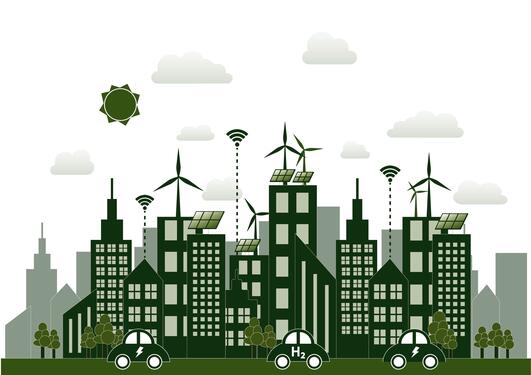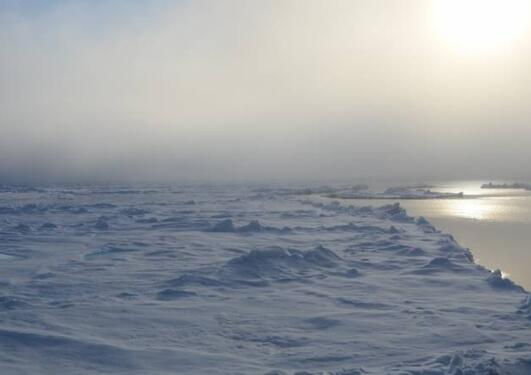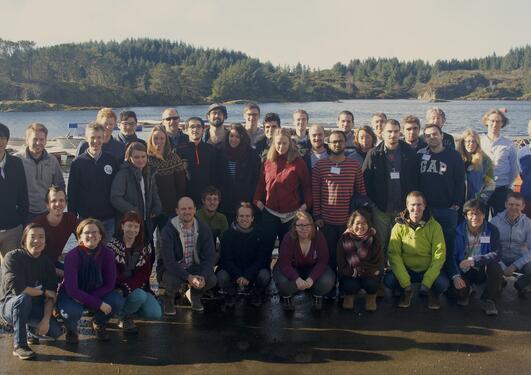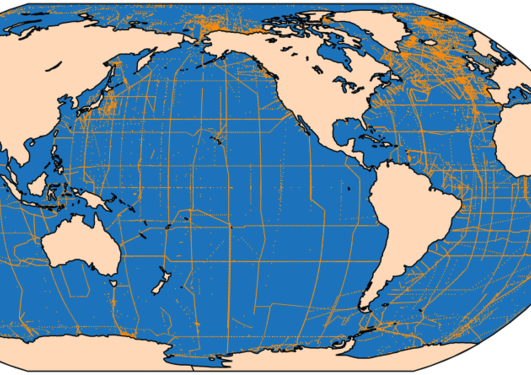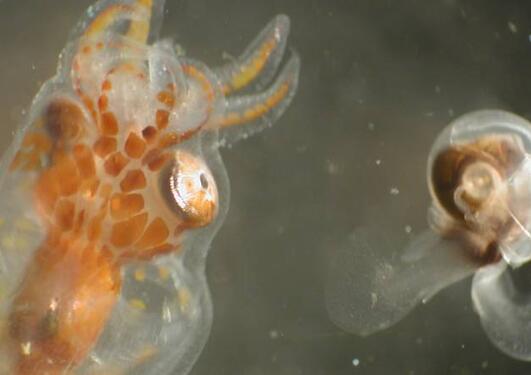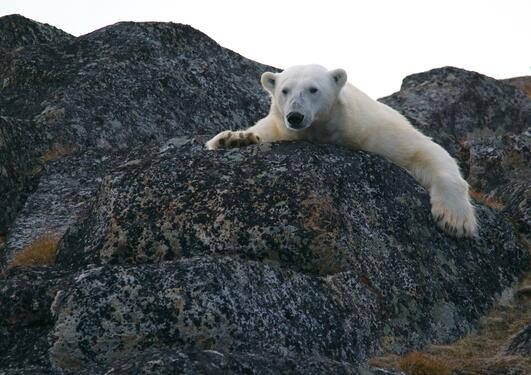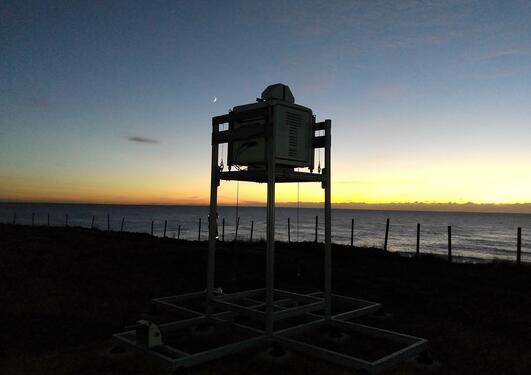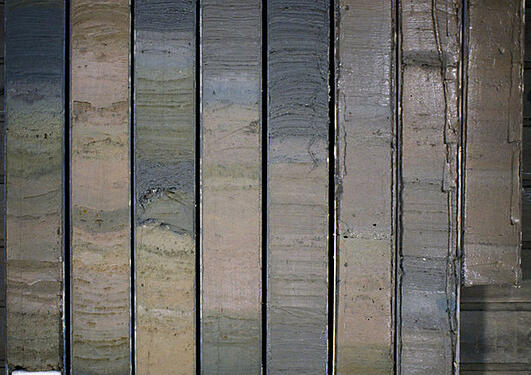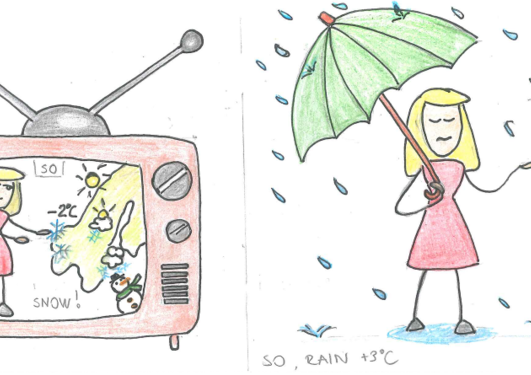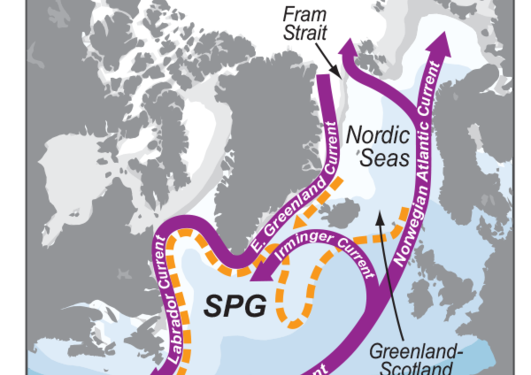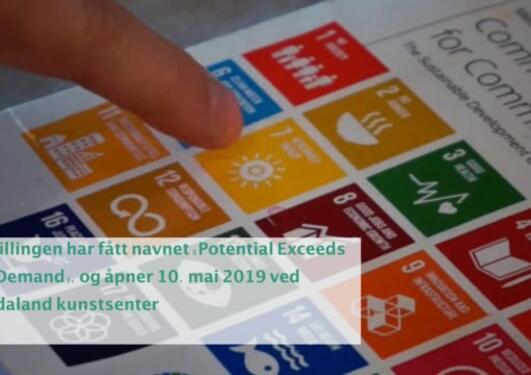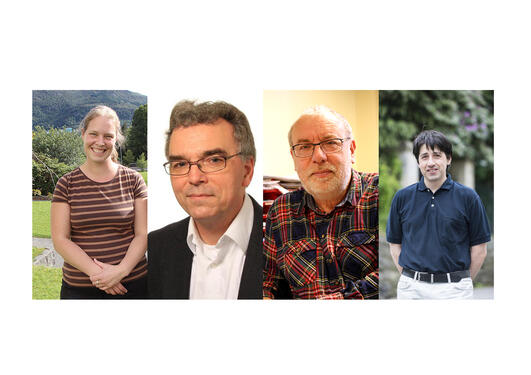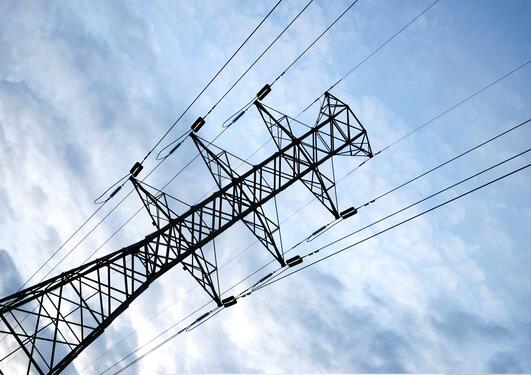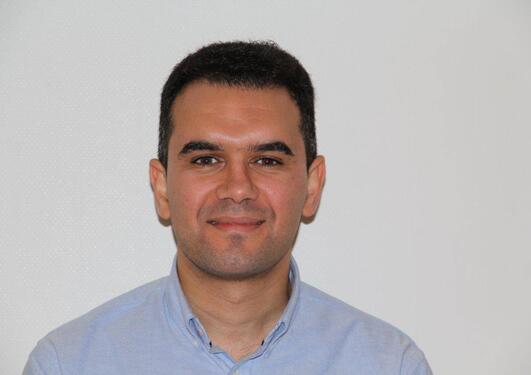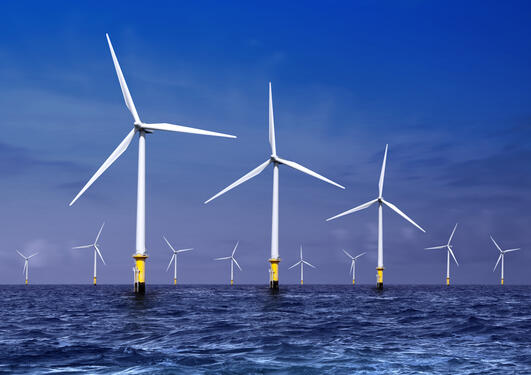News archive for Geophysical Institute
The seminar that was held the 13th of February covered a broad range of aspects in relation to Smart Cities. The video of the seminar and the slide deck here can be found here.
A newly published study in Nature Communications shows an important new understanding of the climate system that will allow us to better understand past climate variability. The results were uncovered by expeditions between the North Pole and Antarctica.
On 3-8 March, 29 participants and 10 expert lecturers attended a winter school at Kvalheim Fritid on Radøy near Bergen.
An international research project has determined the amount of man-made CO2 emissions taken up by the ocean from the atmosphere between 1994 and 2007.
Did you know that the El Niño Southern Oscillation is a phenomenon involving two-way interactions among the tropical basins? Noel Keenlyside writes about a recent study he has contributed to.
The living conditions for marine microorganisms in the Southern Ocean may dramatically worsen by the end of the century. More acidic water can make their territories shallower.
Since 1971 Svalbard has experienced a winter warming of 7°C. This has caused major changes, and there is an urgent need to plan for the future, states the new “Climate in Svalbard 2100” report.
Floating wind turbines keep getting bigger, giving us more energy. A UiB-project will measure the wind's capabilities in an entirely new fashion, paving the way for more efficient wind energy at sea.
Carbon composition is a combined signal of ocean circulation and local biological and chemical processes, a new study shows, drawing special attention to the Southern Ocean.
Even though weather forecasts have become very good over the last decades, you can sometimes be waiting for snow that never falls. A new study searches for the origins of an erroneous forecast.
What caused abrupt climate swings known as the Dansgaard-Oeschger events of the last ice age?
Almost one-fifth of the world’s population depends on rivers coming from the Himalayas and the Tibetan Plateau. Yet, only one in a thousand glaciers and lakes in this region have monitoring stations and constraints on the hydrological cycle are poor, Hans Christian Steen-Larsen and colleagues writes in a comment in Nature.
Textile artist Margrethe Kolstad Brekke have for a number of years developed projects contextualizing the paradigm shift currently taking place within the energy sector.
Climate-Ocean research and tipping points are common denominators in three new EU funded research projects at the Bjerknes Centre. Christoph Heinze, Noel Keenlyside and Svein Østerhus together with Petra Langebroek received a nice pre-Christmas present, as EU gave their thumbs up for the three new projects.
Bergen Energy Lab together with BECCLE organized a half-day seminar on new trends in the electricity markets Monday 24th September at the Faculty of Law, UiB.
"Go to all the Energy Lab lunch meetings, seminars and use the resources available to you. Be interested and build a network."
“I’m pretty sure that my master studies will be very useful in my future career, as my ultimate goal is to be a structural engineer in designing and modeling wind turbines.”
Climate researcher Tore Furevik suggests that Norway should think big. Offshore wind can turn the country into a zero-emission society, as well as creating a major boost for the economy.
Pages
- 2025
- 2024
- 2023
- 2022
- 2021
- 2020
- 2019
- 2018
- 2017
- 2016
- 2015
- 2014
- 2013
- 2012
- 2011
- 2009
